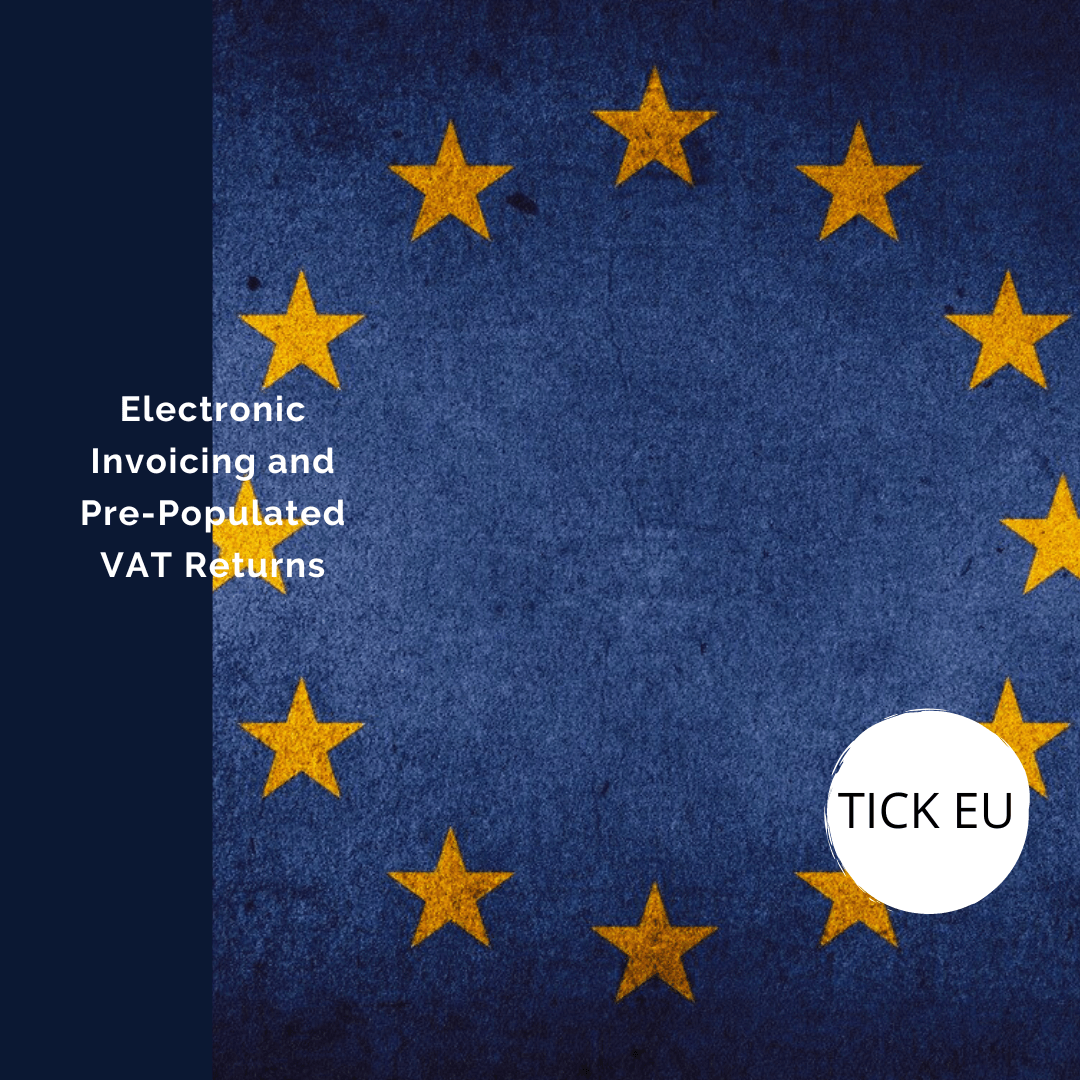Global adoption of e-invoicing has led to increased requirements from various tax administrations. These institutions aim to gather detailed taxpayer data to generate pre-filled tax returns, especially for VAT.
Timeline for Pre-Filled VAT Returns
The schedule for tax administrations to provide pre-filled VAT returns using e-invoicing data depends on each country’s vision, adoption level, and needs to enhance tax compliance and revenue.
Implementation in Romania
Romania recently announced the introduction of pre-filled VAT returns, effective from August 1st, 2024, for operations conducted since July 1st, 2024. VAT-registered taxpayers will still need to submit their own tax returns each fiscal period and perform reconciliation.
Objectives of Pre-Filled VAT Returns in Romania
An official report from the Romanian Ministry of Finance outlines the objectives of utilizing data from the RO e-TVA National Information System:
Reduce the VAT fiscal gap
Increase voluntary compliance and ensure VAT collection
Mitigate tax evasion related to specific VAT taxable activities
Enhance the National Fiscal Administration Agency’s tax collection capacity through digitalization
Sources of Data for VAT Returns
Data populating VAT return fields will originate from several sources:
- Ro-e-invoice
- RO-e-SIGI
- RO e-transport
- RO e-SAF-T
- Ro-e-cash registers
- Integrated Customs Computer System
Mandatory E-Invoicing
Starting July 1st, 2024, e-invoicing becomes mandatory for B2B transactions in Romania, with B2C transactions following suit from January 1st, 2025.
Compliance Requirements
Despite the introduction of pre-filled VAT returns, companies must continue to prepare and submit their VAT returns according to deadlines set by tax administrations. This dual requirement may lead to inefficiencies, higher costs, and increased time needed for data reconciliation between taxpayer and tax administration data.
Significant discrepancies in VAT returns, defined as differences of at least 20% or an absolute value of 1,000 lei, must be explained electronically to the tax administration, potentially triggering audits if adequate information is lacking.
Concerns Regarding Premature Implementation
The introduction of pre-filled VAT returns in Romania appears premature as mandatory e-invoicing starts only from July 1st, 2024. This leaves insufficient time for tax administrations to assess data quality, make necessary adjustments, and allow taxpayers to adapt to the new way of interacting with the tax administration.


